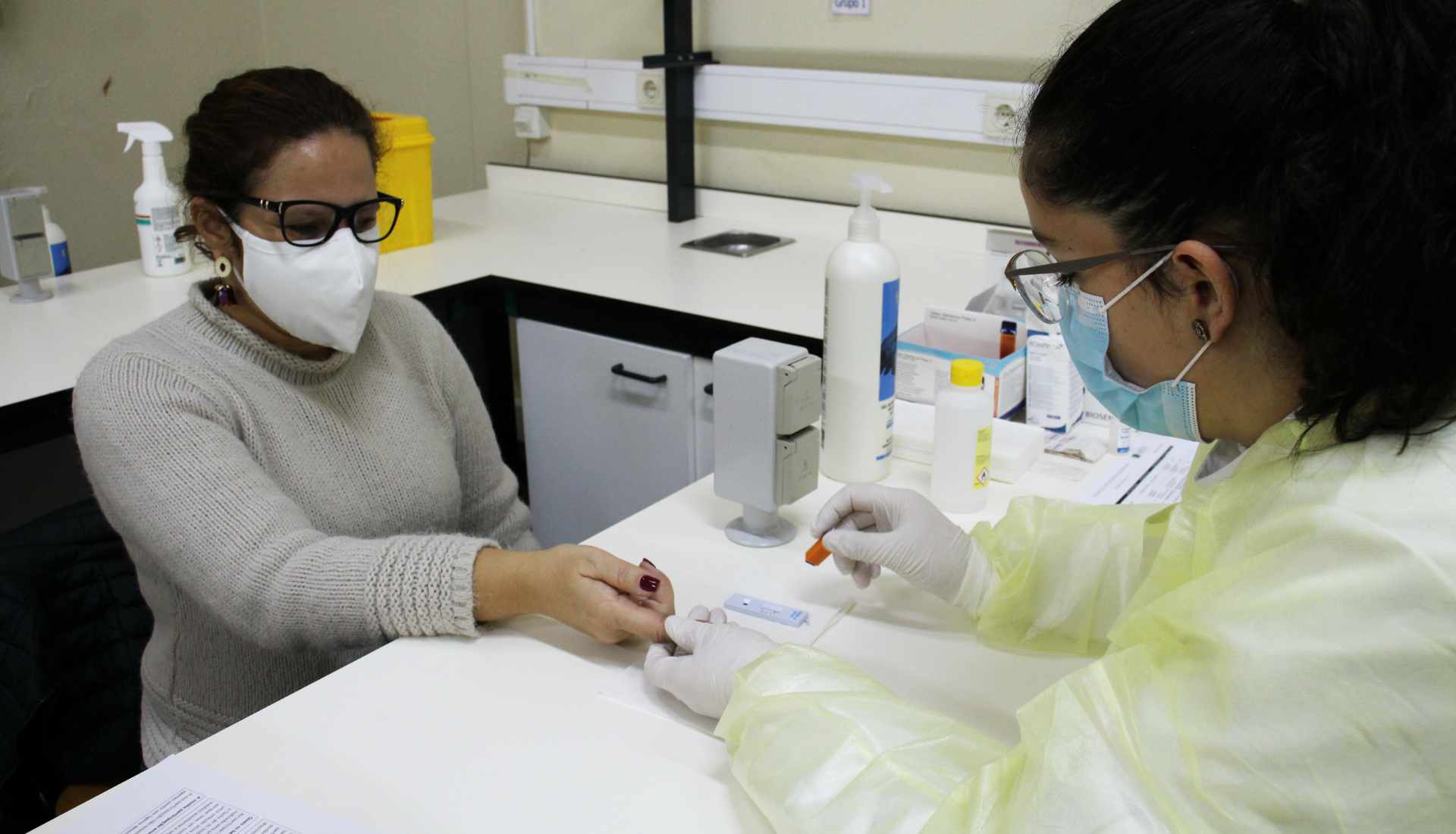Two researchers from the Instituto de Saúde Pública da Universidade do Porto (ISPUP) published a comment on the role of mobile technologies – a concept that includes smartphone applications, Wi-Fi and Bluetooth – in fighting the COVID-19 pandemic. The researchers draw attention to the importance of these technologies in optimizing strategies to face the pandemic crisis, but they also highlight the various constraints inherent in their use, namely those related to data privacy and the invasion of personal space.
The researchers draw attention to the importance of these technologies in optimizing strategies to face the pandemic crisis, but they also highlight the various constraints inherent in their use, namely those related to data privacy and the invasion of personal space.
“The idea for writing this comment came up when we were in lockdown”, explains Raquel Teixeira, one of the authors of the comment, in which Julia Doetsch also participated.”We realized that several countries were using mobile technologies as a strategy to fight the pandemic and we decided to check what was being done, what technologies were being used, and their advantages and disadvantages”.
Through a literature review, the authors of the comment, published in the journal Epidemiology and Infection, found that mobile technologies were mainly being used as solutions for the areas of health communication, contagion prevention, support for clinical practice and research, in the context of COVID-19.
The advantages of using these technologies
Several advantages were found. Technologies, such as Wi-Fi, Bluetooth, smartphone applications and GPS, can help to strengthen local surveillance systems; assist the work of public health doctors, through early contact tracing; support clinical practice, and provide information on medication, specific guidelines and behaviors to be adopted in the context of a pandemic; while also boosting epidemiological research, by making it possible to collect longitudinal data in real time, and subsequently linking these data with those of existing cohorts.
Privacy is one of the problems
However, despite its enormous potential, the use of mobile technologies in the area of public health raises several doubts. “The massive collection of information, along with its unlimited storage on a large scale, and on multiple servers, raises questions related to data privacy, the invasion of personal sphere and public confidence”, says Julia Doetsch.
In this way, it is always important to ensure that aspects such as transparency, compliance with data protection, anonymity, confidentiality and the elimination of data collected are safeguarded. It should be noted that, precisely in order to overcome these challenges, several initiatives have sought to use technologies that do not use personal data. For example, in Portugal, the StayAway COVID application uses Bluetooth technology and generates random identifiers not associated with the user to anonymously track contagion networks.
Mobile technologies are not in themselves a solution
For ISPUP researchers, “mobile technologies are a reality in the area of Public Health and will help define the path for the development and optimization of strategies to face the pandemic crisis”.
“What we have been learning from the application of mobile technologies, in the context of the COVID-19 pandemic, can be extremely useful in preparing for an upcoming epidemic or pandemic”.
However, these technologies do not in themselves constitute a solution to public health problems, nor do they replace integrated policies aimed at responding to crises such as the one we are currently experiencing.
“They are, rather, a complementary resource to these policies and must be inserted in strategies to fight the pandemic”, they refer. Finally, the problem of the digital divide must also be considered. Several countries still have a significant portion of the population that does not have access to these technologies or sufficient knowledge to be able to use them. Thus, “we must think of strategies that promote digital equity in the public health area, in order to benefit the most vulnerable populations”, they conclude.
The comment, developed within the scope of the Epidemiology Research Unit (EPIUnit) of ISPUP, is called The multifaceted role of mobile technologies as a strategy to combat COVID-19 pandemic, and can be consulted here.
Image: Ferdinand Stöhr/Unsplash



